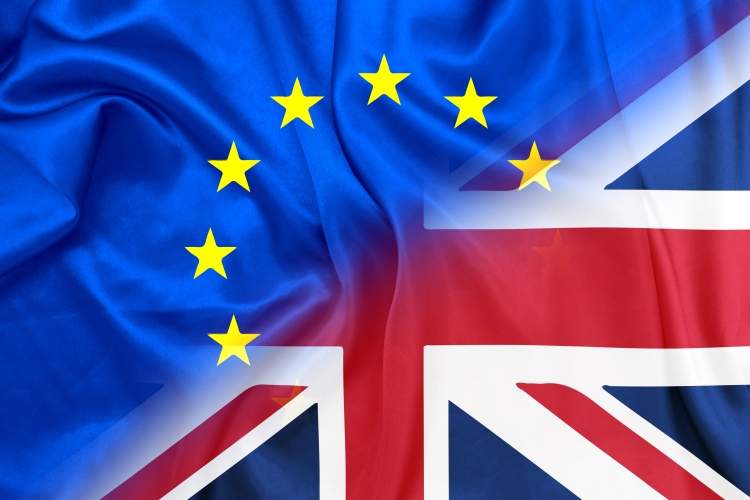
A Brexit wealth management impact warning has come from UK wealth management and financial advice association, PIMFA.
PIMFA has spelt out the consequences a ‘no-deal’ Brexit – and how it could impact its member firms and private investors.
The recently increased risk of a no-deal situation at the end of March 2019 may have appeared to have receded a little following the passing of Government’s Chequers and White Paper proposals and the start of a summer negotiating campaign with EU member States and the European Commission.
However, PIMFA said a ‘no-deal’ Brexit remains a distinct possibility in the light of continuing differences and numerous unresolved issues.
For PIMFA members, a ‘no-deal’ Brexit would be disruptive and expensive.
PIMFA said the people who would ultimately pay for any increase in costs or reduction in investment possibilities would be the clients of its firms.
How well do you really know your competitors?
Access the most comprehensive Company Profiles on the market, powered by GlobalData. Save hours of research. Gain competitive edge.

Thank you!
Your download email will arrive shortly
Not ready to buy yet? Download a free sample
We are confident about the unique quality of our Company Profiles. However, we want you to make the most beneficial decision for your business, so we offer a free sample that you can download by submitting the below form
By GlobalDataThe organisation said these are often ordinary individuals and families who in many cases are voters.
In order to avoid this consequence for ordinary citizens, PIMFA has consistently argued that a no-deal Brexit must be avoided and that a broad-ranging and well-founded UK/EU agreement based on the principles of mutual recognition should be in place by the end of a transition period.
John Barrass, PIMFA Deputy CEO said: “At present, focus is on the application of ‘enhanced equivalence’ rather than mutual recognition, but equivalence does not apply to dealing with clients in the retail investment sector so, unless the final delineation of enhanced equivalence changes this, there will be no effect on the position of PIMFA firms”.
He added: “PIMFA has repeatedly made it clear that an orderly, 3-phase approach to Brexit is both essential and achievable. This necessitates securing consensus around a Withdrawal Agreement in phase 1 to include a transition period as the core of phase 2 in which the final agreement for phase 3 is negotiated and agreed.
“The aim is to secure a one-step Brexit at the point of implementing phase 3, which firms can be aware of and plan for well ahead of time. This would minimise disruption and the costs of changing to business patterns suitable for a non-EU state”.
According to PIMFA, currently, the draft Withdrawal Agreement would make this possible.
While tight on time in phase 2, PIMFA said the transition period it advocates until 31 December 2020 effectively means that no changes to business models will be needed until then.
During those 21 months the government and EU partners can be expected to negotiate the final form of the UK/EU agreement to operate from 1 January 2021 onwards. Firms can be made aware of how this is shaping up and plan accordingly.
PIMFA argues it is therefore vital that the Withdrawal Agreement is not jeopardised in the current focus on the key principles of phase 3.
The organisation said: “Without a proper phase 2 and smooth transition, phase 3 itself could become disorderly and highly disruptive to business. This will adversely affect employment, growth, costs, tax revenues and investment. There will be little benefit to UK consumers or firms.”
PIMFA has called upon the government, EU member states, and the European Commission and Parliament, to ensure that a proper phase 2 with a minimum transition period, as enshrined in the March 2018 version of the draft Withdrawal Agreement, is retained and not sacrificed in negotiations on the principles of the phase 3 agreement.
Brexit wealth management impact
This would lead to a no-deal Brexit that would be damaging across the board for EU members, including to all PIMFA members and their retail clients.
PIMFA was created in 2017 as the outcome of a merger between the Association of Professional Financial Advisers (APFA) and the Wealth Management Association (WMA) with a history as a trade association going back for 27 years







